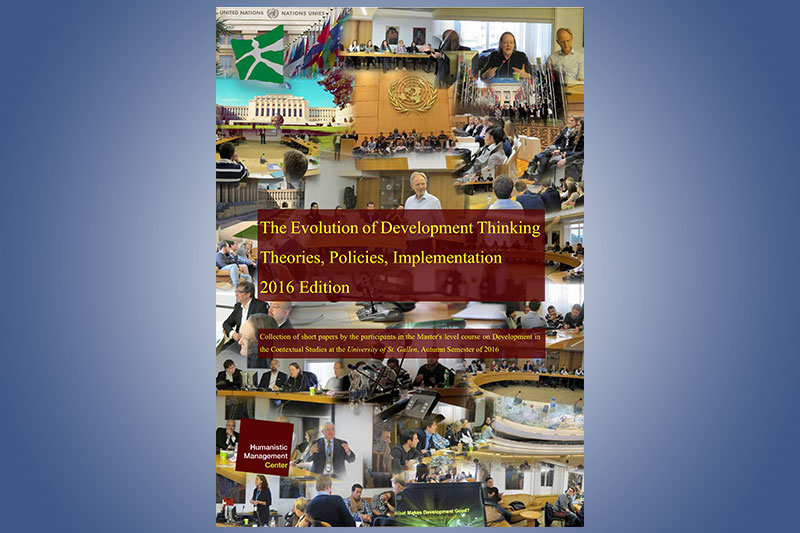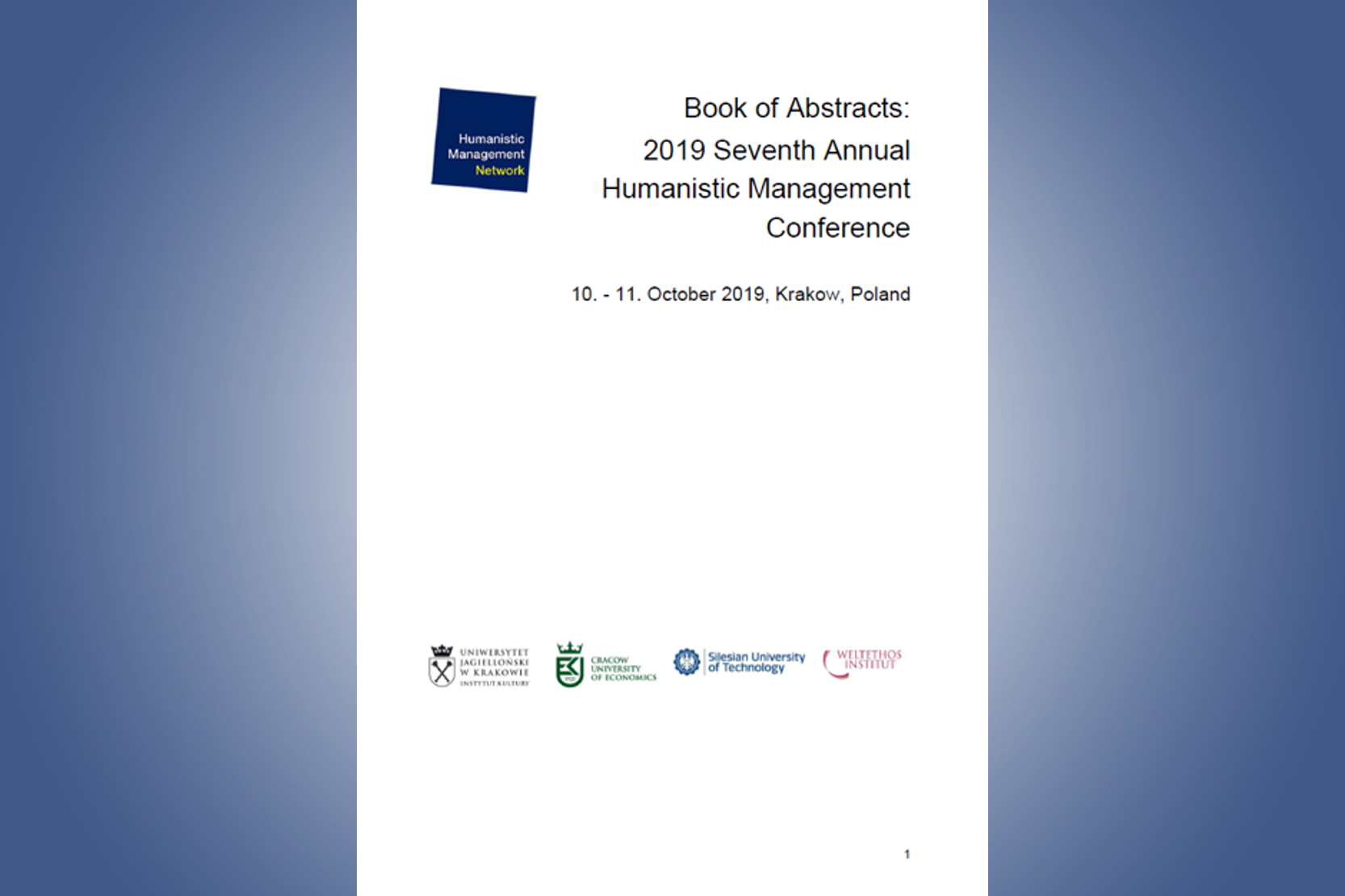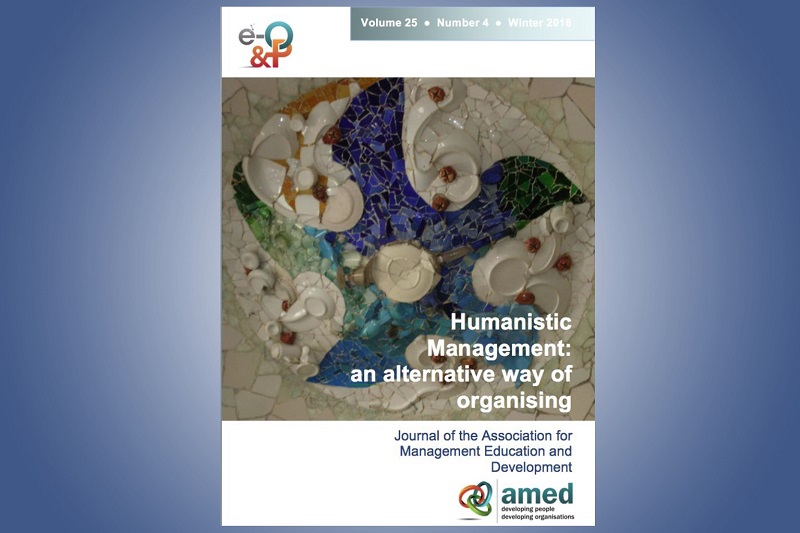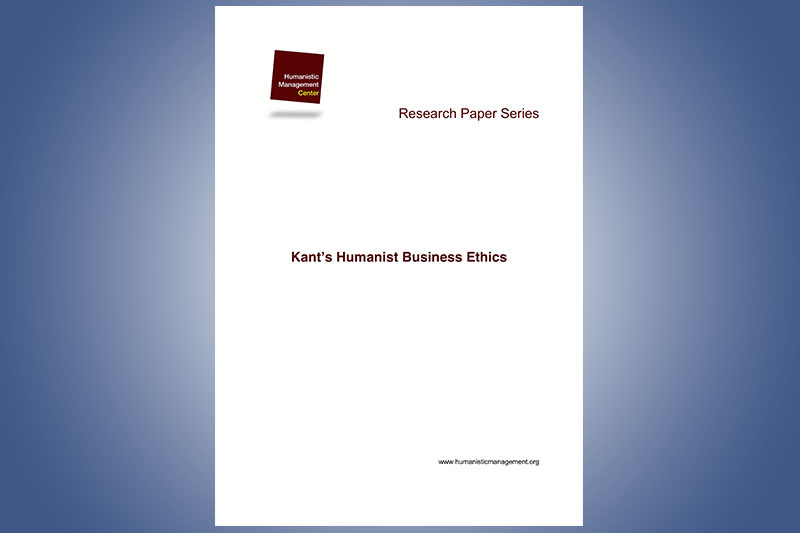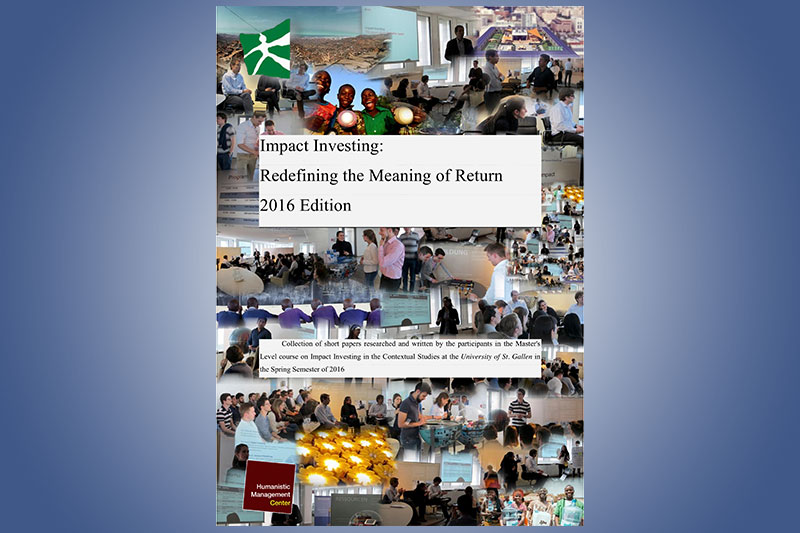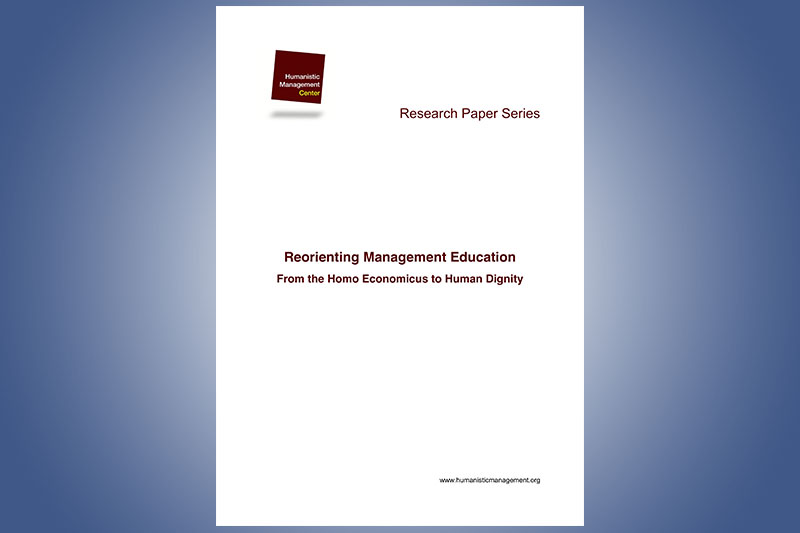The Evolution of Development Thinking
This collection short papers contains nine contributions written by the participants in the Master’s level course on Development in the Contextual Studies at the University of St. Gallen, Autumn Semester of 2016
The content of this course is centered on the analysis of the main streams in development thinking from the 1950’s until today. Over those nearly seven decades rich and varied outputs have been produced in support of assessing, explaining and overcoming developmental challenges of nations and societies; a substantive solution to developmental challenges however has yet to be found. This course encourages and supports critical thinking by integrating both, ethical reflection on, as well as concrete examples for the impact different schools of development thinking have produced.
The short papers in this document are designed as an overview outlining the theoretical foundations, policy formulation, program implementation and own reflection of the authors. The course participants presented their cases in more detail in class and hence these papers provide only a short summary of the work delivered in this course.
On behalf of all participants I also want to thank the Permanent Mission of Switzerland to the United Nations Office and to the other international organizations in Geneva, for their most generous support of the day we spent at the United Nations in Geneva and the input provided by Paola Ceresetti and Robert Thomson. Furthermore I would like to thank Emmanuel Barreto of Tempo Hospitality Consulting for the workshop he conducted and the panelists Jane Connors (OHCHR / Amnesty International), Friedrich von Kirchbach (International Trade Center UN/WTO) and Ricardo Murillo (UNCTAD) for their invaluable contribution to this course.


